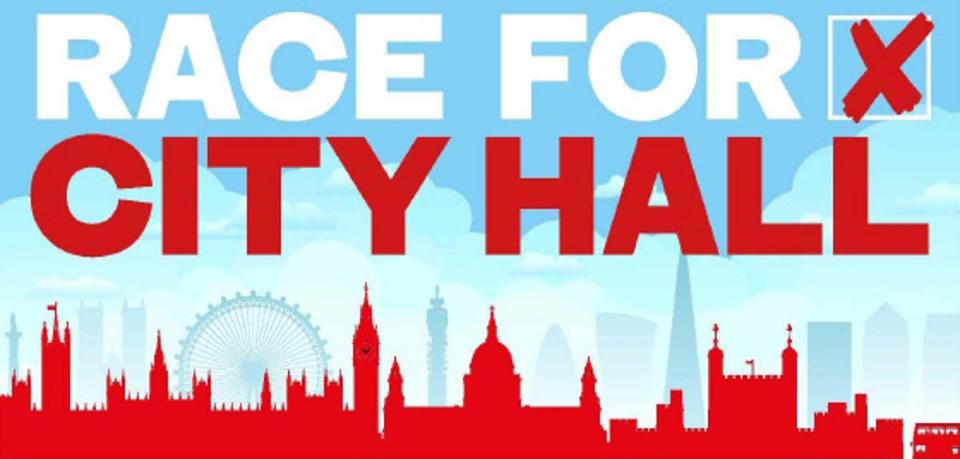It has always been a defining element of political party leadership contests that for success, candidates must appeal to the memberships’ niche interests. With Conservatives, this was generally about low tax. But now there is something else: the “culture wars”.
The field to succeed Boris Johnson, believed to be at least 10-strong and growing, is split roughly into enthusiastic culture warriors, those who borrow its tactics for their own ends, and a handful who would rather the whole subject just went away. But it is not about to.
Conservative politics has become increasingly infused with debates over the apparent scourge of “woke” issues, from the renaming of streets to the removal of statues of controversial figures from history.
Any discussion of UK political debate on topics such as racial disparities and transgender rights must be caveated with the point that, while culture war issues can mirror those seen in the US, the battles here are nowhere near as fierce.
But they have become more prominent in Britain, another effect of Johnson’s willingness to harness most sorts of political tactics to his own end.
Despite being in many ways something of a north London liberal, the ever-adaptable prime minister was happy to use such wedge issues for his presumed benefit, the specifics often decided by his former lead policy aide, Munira Mirza.
Actual hostilities were generally left to the departed party co-chair Oliver Dowden and the culture secretary, Nadine Dorries, with divisions pursued over everything from the National Trust to the BBC and “no platforming” in universities.
Before Johnson resigned, his Downing Street campaign team had been planning a future general election campaign based heavily around such social splits.
Of his would-be successors, the attorney general, Suella Braverman, and ex-minister Kemi Badenoch are avowed culture warriors, with Badenoch in particular a critic of theories about institutionalised ethnicity-based disparities.
Others have shown willingness to get involved: Rishi Sunak, the former chancellor, used an interview with the Sunday Telegraph to say “we must be able to call a mother a mother”, a reference to gender-neutral language. Nadhim Zahawi, similarly, said his former job as education secretary made him want to protect children from the views of “radical activists”.
However, some candidates are not playing along. Asked about transgender issues, the backbencher Tom Tugendhat appealed for respect and an avoidance for division, while Grant Shapps, the transport secretary, said: “If there’s a Shapps administration, and I’m prime minister, I will not be spending most of my time on these kinds of issues.”
At the heart of this is how candidates balance what is important to the Tory MPs and members who will choose the new leader, and what matters to the wider electorate. And these are not the same.
Polling on so-called “culture war” issues shows the public is fairly evenly split on what is a complex and nuanced issue, although views tend to become more trenchant among Conservative voters.
One other aspect of the polling is unlikely to be noted by candidates’ campaign managers, but perhaps should be: the younger the voter, the more liberal on such things they generally are.
Young voters are in increasingly short supply for the Conservatives: waging a six-week internal culture war to pick a new leader is unlikely to make this problem any better.
https://www.theguardian.com/politics/2022/jul/10/culture-war-issues-tory-leadership-hopefuls-weigh-up-benefits-of-engaging




